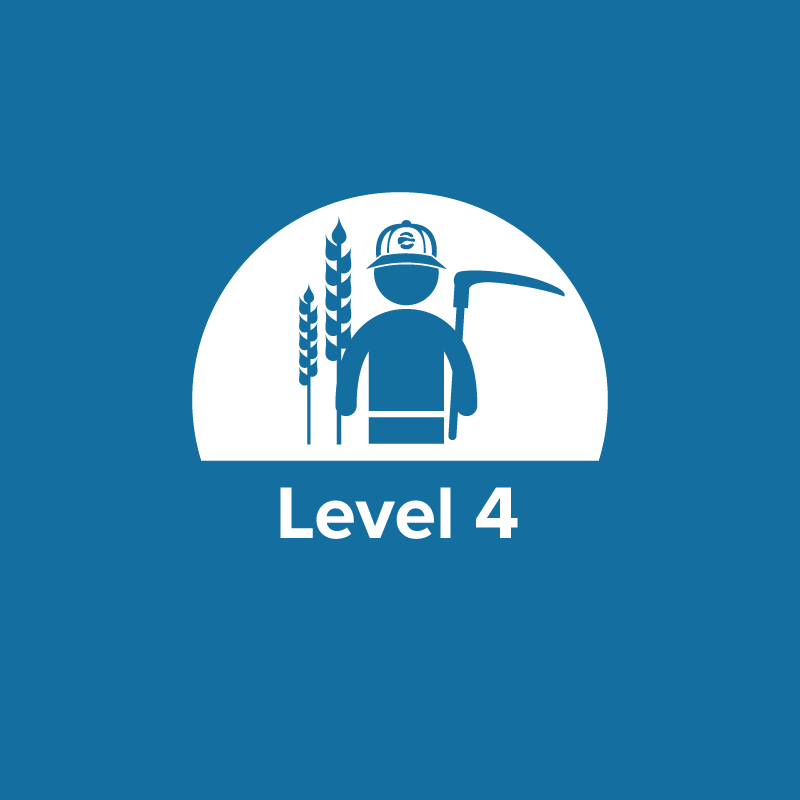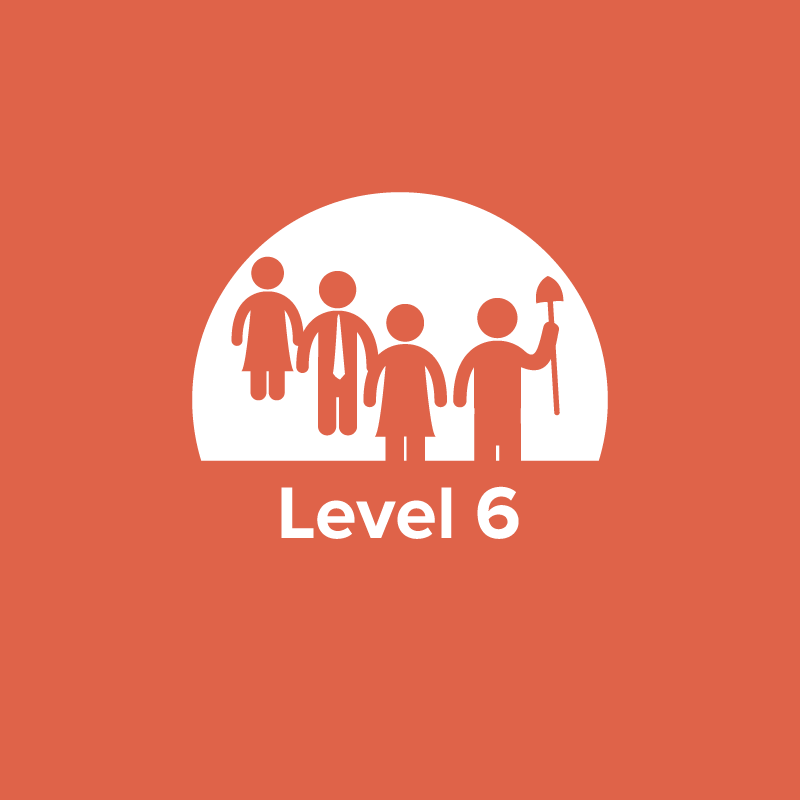
Career Gaming
Through project-based learning, students will design games that will assist others with identifying a variety of agricultural careers, possible emerging agricultural careers, the education required for agricultural career options, and the types of salaries that can be expected in each career.


